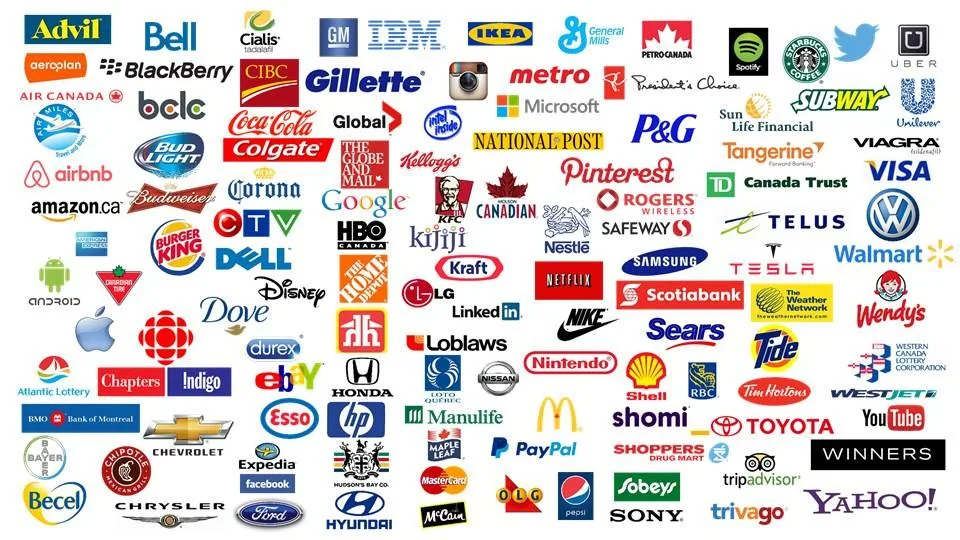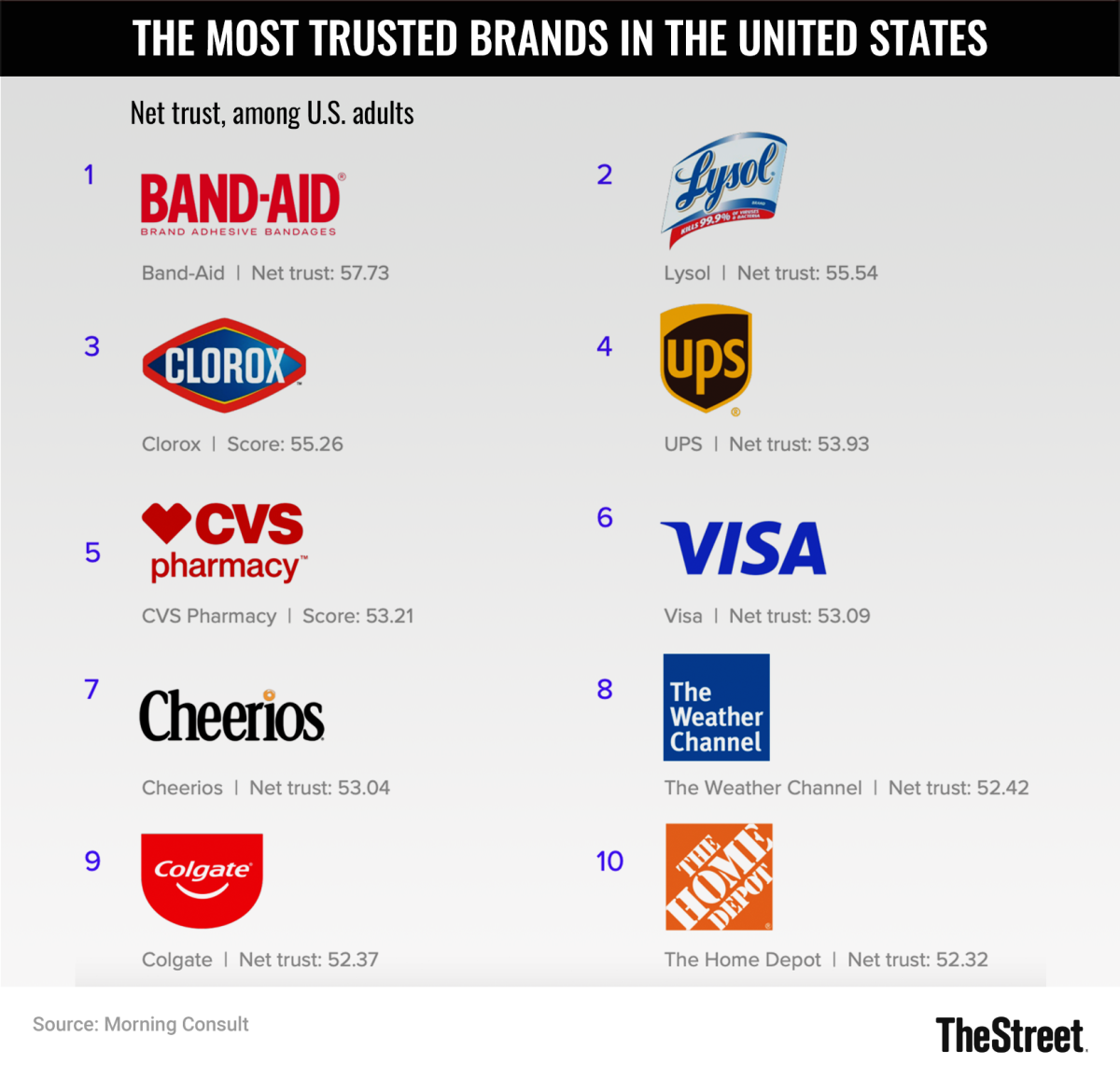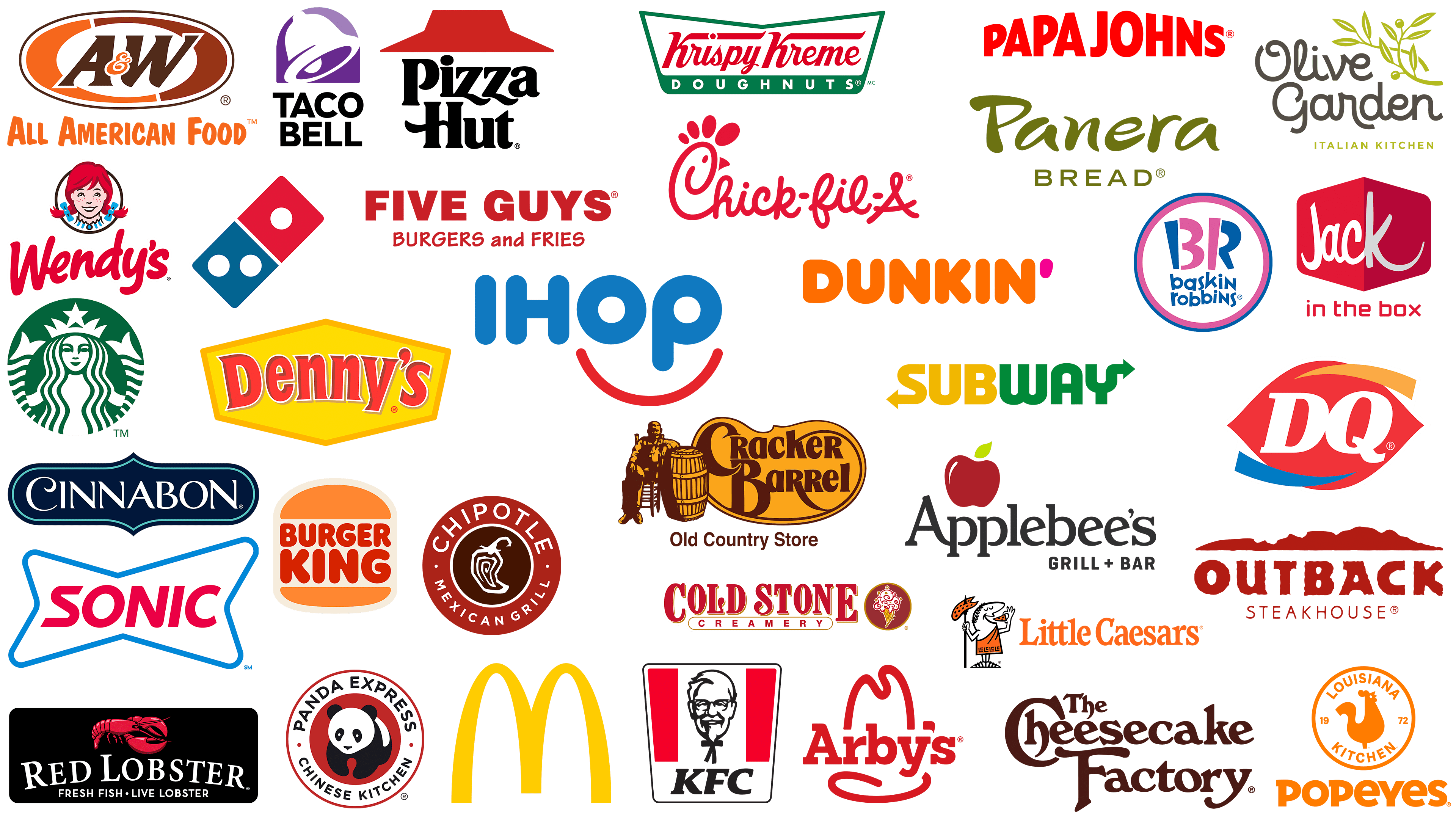Toyota Motor Corporation, a name synonymous with reliability and innovation, is much more than just the ubiquitous Camry or the fuel-efficient Prius. Beneath the surface lies a sprawling automotive empire, encompassing a diverse portfolio of brands that cater to a wide spectrum of consumer needs and preferences. This article delves into the fascinating world of Toyota's brand ownership, exploring each brand's unique identity, target market, and contribution to the overall success of the automotive giant. Understanding what brands Toyota owns provides a broader perspective on the company's strategic vision and its commitment to shaping the future of mobility.
Why Understanding Toyota's Brand Portfolio Matters
Beyond Toyota: Unveiling the Automotive Empire – What Brands Does Toyota Own?
Understanding the brands under the Toyota umbrella is crucial for several reasons:
- Informed Consumer Choices: Knowing the distinctions between brands allows consumers to make more informed purchasing decisions, selecting vehicles that perfectly align with their specific requirements and budget.
- Appreciating Toyota's Breadth: It showcases the sheer scale and diversification of Toyota's operations, highlighting its commitment to innovation across various automotive segments.
- Understanding Market Strategy: Examining the brand portfolio provides insights into Toyota's strategic approach to targeting different customer segments and geographical regions.
- Competitive Landscape Analysis: Understanding Toyota's brands allows for a more comprehensive analysis of the automotive industry's competitive landscape.
The Core Brand: Toyota – The Foundation of the Empire

Let's begin with the cornerstone of the entire operation: the Toyota brand itself. Established in 1937, Toyota has built a global reputation for producing reliable, fuel-efficient, and affordable vehicles. The Toyota brand focuses on mass-market appeal, offering a wide range of vehicles, including:
- Sedans: Camry, Corolla, Avalon
- SUVs: RAV4, Highlander, 4Runner, Sequoia
- Trucks: Tacoma, Tundra
- Hybrid and Electric Vehicles: Prius, Corolla Hybrid, RAV4 Prime, bZ4X
- Minivans: Sienna

Toyota's emphasis on quality control, continuous improvement (Kaizen), and customer satisfaction has cemented its position as one of the world's leading automotive manufacturers. The brand consistently scores high in reliability surveys and enjoys a strong resale value, making it a popular choice among consumers.
Lexus: Luxury and Performance Redefined

In 1989, Toyota launched Lexus, its luxury vehicle division, to compete with established European and American brands like Mercedes-Benz, BMW, and Cadillac. Lexus distinguishes itself through:
- Refined Interiors: Premium materials, meticulous craftsmanship, and advanced technology.
- Quiet and Comfortable Ride: Sophisticated suspension systems and noise reduction techniques.
- Exceptional Customer Service: Personalized attention and a commitment to exceeding customer expectations.
- Hybrid Technology Leadership: Lexus has been a pioneer in luxury hybrid vehicles, offering a range of models that combine performance with fuel efficiency.
Lexus models include:
- Sedans: ES, IS, LS
- SUVs: NX, RX, GX, LX
- Coupes: RC
- Hybrids: Numerous hybrid versions of existing models
Lexus has successfully carved out a niche in the luxury car market by offering a blend of Japanese reliability, innovative technology, and elegant design.
Daihatsu: Compact Cars and Emerging Markets
Daihatsu, acquired by Toyota in 2016, specializes in producing compact cars and focusing on emerging markets. Daihatsu's strengths lie in:
- Affordable Mobility: Providing accessible and economical transportation solutions.
- Fuel Efficiency: Designing vehicles with excellent fuel economy, appealing to budget-conscious consumers.
- Compact Size: Creating vehicles that are easy to maneuver and park in crowded urban environments.
- Focus on Asian Markets: Daihatsu has a strong presence in Southeast Asia, particularly in Indonesia and Malaysia.
Daihatsu models include:
- Mira: A small, fuel-efficient hatchback.
- Move: A mini wagon with a spacious interior.
- Rocky: A compact SUV.
By incorporating Daihatsu into its portfolio, Toyota strengthens its position in the compact car segment and expands its reach into developing markets.
Hino Motors: Commercial Vehicles and Diesel Technology
Hino Motors, a subsidiary of Toyota, focuses on the development and production of commercial vehicles, including trucks and buses. Hino's key features include:
- Durable and Reliable Trucks: Designed for heavy-duty use and long-term reliability.
- Advanced Diesel Technology: Developing fuel-efficient and environmentally friendly diesel engines.
- Global Presence: Operating in various markets around the world, serving diverse transportation needs.
- Customization Options: Offering a range of chassis and body options to meet specific customer requirements.
Hino's product line includes:
- Light-Duty Trucks: Suitable for urban delivery and smaller businesses.
- Medium-Duty Trucks: Designed for regional transport and construction applications.
- Heavy-Duty Trucks: Built for long-haul transportation and demanding tasks.
- Buses: Serving public transportation and tour operations.
Hino's expertise in commercial vehicles complements Toyota's passenger car business, creating a diversified automotive portfolio.
Toyota Auto Body: Body Manufacturing and Specialized Vehicles
While not a consumer-facing brand in the same way as the others, Toyota Auto Body is a crucial part of the Toyota Group. They specialize in the manufacturing of vehicle bodies, particularly for minivans, commercial vehicles, and SUVs. They also produce specialized vehicles like ambulances and welfare vehicles. Their contributions are vital to the overall quality and diversity of Toyota's product lineup.
Brand Synergies and Strategic Advantages
The diverse brand portfolio offers Toyota several strategic advantages:
- Market Segmentation: Toyota can cater to a wide range of customer segments, from budget-conscious buyers to luxury car enthusiasts.
- Geographic Expansion: Toyota can leverage its brands to penetrate different markets, adapting to local preferences and regulations.
- Technological Innovation: Toyota can share technologies and expertise across its brands, accelerating innovation and improving efficiency.
- Risk Diversification: By operating in various segments, Toyota reduces its reliance on a single market or product line, mitigating risk.
Challenges and Solutions
Managing a diverse brand portfolio presents certain challenges:
- Brand Cannibalization: Ensuring that the brands do not compete directly with each other, leading to sales erosion.
- Maintaining Brand Identity: Preserving the unique identity and value proposition of each brand.
- Coordination and Communication: Fostering effective communication and collaboration among the different brands.
Toyota addresses these challenges through:
- Clear Brand Positioning: Defining the target market and value proposition of each brand precisely.
- Product Differentiation: Developing unique products and features for each brand to avoid overlap.
- Centralized Management: Establishing a central management structure to oversee the entire brand portfolio.
- Knowledge Sharing: Encouraging collaboration and knowledge sharing among the different brands.
Practical Advice and Actionable Insights
- For Consumers: Research different brands to find the vehicle that best meets your needs and budget. Consider factors like fuel efficiency, reliability, features, and price.
- For Automotive Professionals: Study Toyota's brand strategy to gain insights into market segmentation, product differentiation, and brand management.
- For Investors: Analyze Toyota's brand portfolio to assess its competitive advantages and growth potential.
Concluding Summary
Toyota's ownership of Toyota, Lexus, Daihatsu, and Hino Motors, along with Toyota Auto Body, showcases its commitment to innovation, diversification, and global leadership in the automotive industry. Each brand plays a vital role in Toyota's success, contributing to its overall strength and resilience. By understanding the unique identity and strategic importance of each brand, we gain a deeper appreciation for Toyota's remarkable achievements and its vision for the future of mobility. The Toyota empire is a testament to the power of strategic brand management and the enduring pursuit of quality and customer satisfaction.
Table: Toyota's Brand Portfolio at a Glance
| Brand | Target Market | Key Features | Notable Models | Primary Focus |
|---|---|---|---|---|
| Toyota | Mass Market, General Consumers | Reliability, Fuel Efficiency, Affordability, Wide Range of Vehicles | Camry, Corolla, RAV4, Tundra, Prius | Mainstream Vehicles, Hybrid Technology |
| Lexus | Luxury Car Buyers | Premium Interiors, Quiet Ride, Exceptional Service, Hybrid Technology Leadership | ES, RX, LS, NX, GX | Luxury Vehicles, High Performance |
| Daihatsu | Emerging Markets, Budget-Conscious Buyers | Affordable Mobility, Fuel Efficiency, Compact Size | Mira, Move, Rocky | Compact Cars, Emerging Markets |
| Hino Motors | Commercial Vehicle Operators | Durable Trucks, Advanced Diesel Technology, Customization Options | Light-Duty Trucks, Medium-Duty Trucks, Heavy-Duty Trucks, Buses | Commercial Vehicles, Diesel Engine Technology |
| Toyota Auto Body | Manufacturing, Specialized Vehicle Customers | Body Manufacturing, Minivans, Commercial Vehicles, Specialized Vehicles | N/A (Supplies bodies and specialized vehicles for other Toyota brands) | Vehicle body manufacturing, Specialized Vehicles |
Frequently Asked Questions (FAQ)
-
Q: Does Toyota own Subaru?
- A: No, Toyota does not fully own Subaru. However, Toyota holds a significant minority stake in Subaru Corporation, which manufactures Subaru vehicles. This partnership allows for collaboration on technology and vehicle development.
-
Q: Does Toyota own Mazda?
- A: No, Toyota does not own Mazda. However, Toyota and Mazda have a collaborative partnership that involves joint development of technologies and vehicles, as well as a shared manufacturing facility in the United States.
-
Q: Which is the most reliable Toyota brand?
- A: Both Toyota and Lexus are consistently ranked highly in reliability surveys. However, Lexus often scores slightly higher due to its focus on premium materials, meticulous craftsmanship, and enhanced quality control.
-
Q: What is the future of Toyota's brand portfolio?
- A: Toyota is expected to continue investing in electric vehicle technology and expanding its presence in emerging markets. The company will likely focus on strengthening the individual identities of its brands while leveraging synergies to drive innovation and growth.
-
Q: Are all Toyota brands available worldwide?
- A: No, the availability of Toyota's brands varies by region. Daihatsu, for example, is primarily focused on Asian markets, while Lexus is available in most major global markets. The Toyota brand itself is available almost worldwide.
0 comments